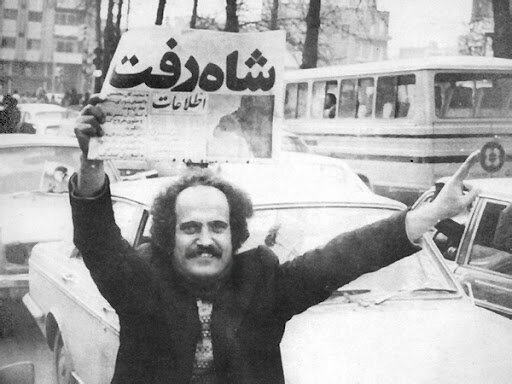
(Bloomberg) -- Some workers on car-rental startup Turo Inc.’s trust and safety team have interrupted vacations to monitor and respond to the aftermath of deadly attacks in Las Vegas and New Orleans, according to a person familiar with the matter. In both incidents, which the FBI has said appear to be unrelated, the drivers used cars they procured on the platform to inflict violence.
The attacks, both of which happened Wednesday, highlight how the rental marketplace can be used cheaply and easily to procure large vehicles that can be used as weapons. The incidents are also creating a public relations setback for San Francisco-based Turo, which has had aspirations to sell shares in an initial public offering, and prompted the company to defend its procedures for vetting customers. Turo, which launched as RelayRides in 2010, uses a proprietary algorithm to screen drivers for risks and calculate appropriate fees.

The Turo Risk Score, which has been in use since 2020, evaluates 50 data points from each driver to determine fees and will be continuously refined with further trips, the company said in a September regulatory filing. Most renters on Turo are “approved immediately” after entering their driver’s license and other information, the company’s website says. The San Francisco startup offers 3.
5 million users access to 350,000 vehicles. Turo’s business is similar to other marketplaces like Airbnb and eBay, which don’t build hotels or buy merchandise themselves but build tech platforms to connect buyers and sellers. Turo aims to apply the same “asset-light” business model to the car rental industry in which legacy players own the vehicles the rent to customers.
If someone wanted to rent a Tesla Inc. Cybertruck — the vehicle used in the Las Vegas attack — there are 31 options available in that city next week, from as low as $120 per day. Two Ford F-150 Lightning Trucks — the vehicle used in the New Orleans attack — are listed in the Houston area where the attacker rented the vehicle.
Both cost under $100 per day on Turo. Turo did not respond to Bloomberg News queries about the Turo Risk Scores of each driver involved in the attacks, which killed 15 and injured dozens in New Orleans and Las Vegas on New Year’s Day. “We are actively partnering with law enforcement authorities as they investigate both incidents,” a company spokesperson said in an emailed statement on Wednesday.
“We do not believe that either renter involved in the Las Vegas and New Orleans attacks had a criminal background that would have identified them as a security threat.” While Turo has planned to go public, it’s been waiting years for a more favorable market. The startup raised money from investors at a valuation of more than $1 billion in 2019, making it a sharing economy unicorn.
It has raised $528 million from a broad group of investors, according to PitchBook data, including Silicon Valley venture capital firms as well as IAC Inc., American Express Co. and Liberty Mutual Group.
Turo had revenue of $722 million in the nine months ending in September, up 8% form the same period in 2023, according to the September regulatory filing. “The goal for us is to continue growing the business as fast as possible,” Chief Executive Officer Andre Haddad said in a September 2024 CNBC interview. But amid rocky conditions, Turo’s plans haven’t yet come to fruition.
Last year, its competitor Getaround Inc., which offers a similar service, cut 30% of staff, citing “tremendous challenges” to its business. Among risks to Turo’s success as a public company are the activities of its hosts or guests, Turo said in its paperwork to go public.
Theft, vehicle damage or other safety and security issues could “harm our reputation, increase our operating costs, and materially and adversely affect our business,” Turo wrote. --With assistance from Anne VanderMey. (Updates with recent comment from Turo’s CEO in the ninth paragraph.
An earlier version corrected the year in which Getaround cut 30% of staff.) More stories like this are available on bloomberg.com ©2025 Bloomberg L.
P..















